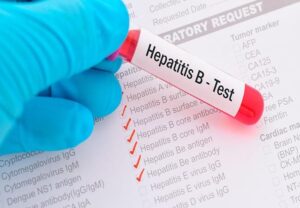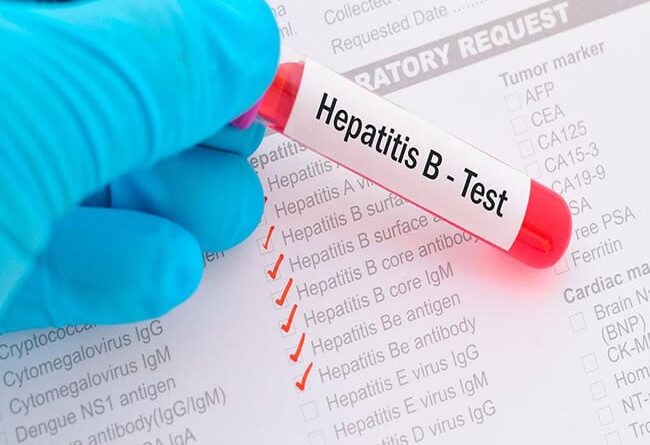Early Diagnosis Can Cut Hepatitis B Cases in Nigeria
 Early Diagnosis Can Cut Hepatitis B Cases in Nigeria
Early Diagnosis Can Cut Hepatitis B Cases in Nigeria
Public health expert Dr. Cindy Iheanetu has stressed that early testing and vaccination at birth can drastically cut Hepatitis B transmission rates in Nigeria.
In an interview with South-South PUNCH, the Nigerian-born doctor said effective prevention begins with awareness and early intervention. “Every life, regardless of geography, deserves a fair chance at good health,” she noted.
Dr. Iheanetu, who has worked extensively across 23 African countries, said Nigeria could become a model for preventive healthcare in Africa if the government prioritizes vaccination and community engagement. “With the right policies, partnerships, and political will, we can drastically reduce preventable deaths,” she said.
She highlighted the role of community health workers, faith-based organizations, and traditional leaders in reaching rural populations who often lack access to vaccines and medical information.
ALSO READ: NC State Students Gather in Worship: ‘Glory to God’
Her research, which has influenced health policies in five African nations, has led to measurable progress in hepatitis B immunization rates. She also developed a Hepatitis B Birth Dose Toolkit to help healthcare workers in low-resource settings improve vaccine coverage a tool she hopes to adapt for Nigeria’s primary healthcare system.
Dr. Iheanetu linked her passion for public health to Nigeria’s high maternal mortality rate, calling for stronger prenatal and family planning programs. “In Nigeria, every mother’s life should count. We can save lives through better prenatal care, access to contraception, and youth education,” she said.
She also referenced her Teen Drive Program, which reduced teenage pregnancy rates by 40% in the United States, saying it could be successfully adapted for Nigerian schools.
Currently working with the U.S. Centers for Disease Control and Prevention (CDC), Iheanetu is also researching environmental toxins such as PFAS harmful chemicals linked to cancer and infertility. She warned that Nigeria faces similar threats due to industrial waste, poor sanitation, and water pollution.
She called for stronger collaboration between Nigerian universities, government agencies, and international partners to boost disease surveillance and strengthen public health systems.
Content Credit: Moyosola Oni
Image Credit: Google .Com




